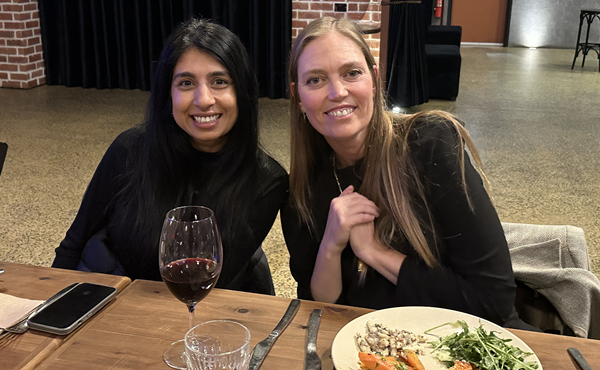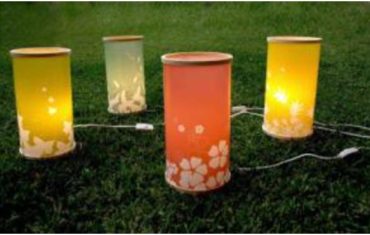The Australian Gift & Homewares Association (AGHA) recently hosted its first Member Connect in Brisbane, providing a chance for attendees to connect with fellow members, share ideas and enjoy an evening of engaging conversation in great company.
AGHA’s new CEO Anita Campbell welcomed guests and addressed the importance of such networking events.
“It is a board strategy to create connection points,” she said.
“The purpose of an association, any association—I’ve now worked in seven—is to connect members with each other. We do it really well at our fairs, but we need to look at some connection points outside of our fairs as well.
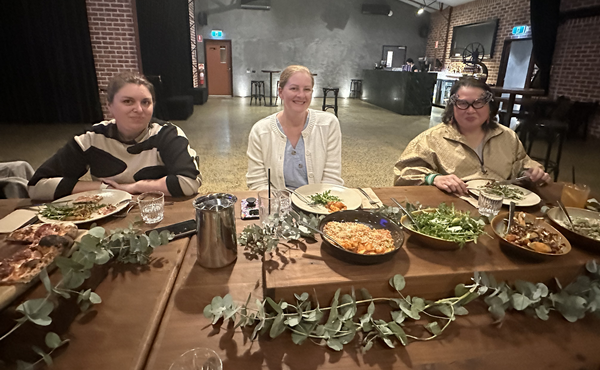
“We surveyed our members and found they still want the fairs, but they want them to be different. They want them to be local, they want them to be affordable, they want different options. But what came out loud and clear is they want to connect.
“So, we started this series called Member Connect. We had our first one in Melbourne in March. Brisbane is our second host state. We will be hosting the next one in Sydney, and finally, one in Perth in the fourth quarter. We’re going to add on to our Perth Member Connect a tabletop exhibition.”
Another highlight from the survey is that people want help with their businesses, Campbell added.
“Our job as an association is to also educate and give you strategies to help your businesses. Members want help with the legal obligations and the IR obligations and everything else, but they also need help themselves.
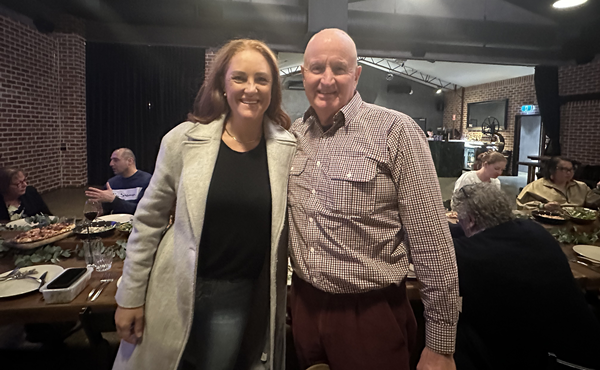
“Running a business can be isolating, it can be boring, it can be lonely and if we start talking about how we can help you, one of the best things that we could do is start a conversation about mental health.”
Roxy Aila from non-profit Beyond Blue was a guest speaker that evening, sharing valuable insights into mental health and providing practical tools to support everyday wellbeing.
“I think we don’t talk about what mental health looks like enough, because there is a difference between depression and anxiety,” Aila explained.
“With depression, one definition is feeling down for more than two weeks. It’s when this feeling of helplessness takes over and this sadness continues for a couple of weeks or even months.”
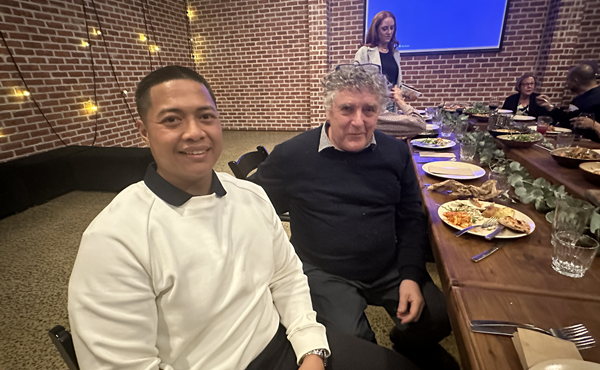
One attendee spoke about how he has noticed that since the Covid-19 pandemic, the percentage of people, especially within small businesses, that are stressed or depressed has increased. He shared how the cost of running a business and daily life has escalated, becoming a worrying factor for everyone in business.
“We just cannot absorb all these costs and it’s not getting any cheaper,” he stated.
“It’s getting more and more expensive and because of that, people in this industry have come and gone.”
Another attendee mentioned how she had a breakdown last year and with assistance, coupled with clarity and positive thinking, was able to get out of the negative spiral.
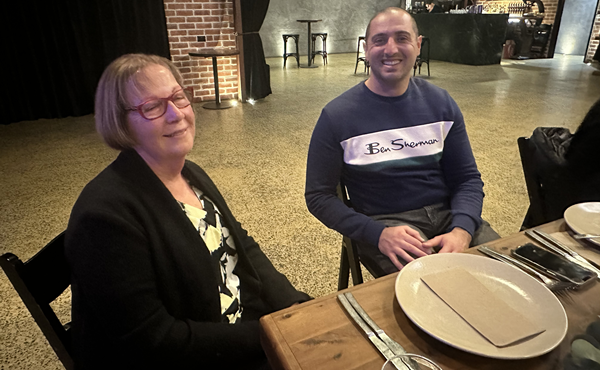
A third attendee said she has been helping her customers with their challenges by constantly counselling her customers.
“When you’re a sole trader, you’re on your own,” she said.
“We are the only people they can confide in in business. So, I try and help them through their challenges—to see some light, to hang on a bit longer or to change direction. I just assist where I can to help them get through that dark space.”
Some of Aila’s tips for managing mental health include:
• Identifying movement: moving your body can reduce stress and anxiety
• Using your brain for strategy and creativity
• Setting boundaries to manage work-life balance
• Finding what works for you and setting up a self-care plan
Main image: (l-r) Nabeela Suleman (To the Moon and Back) and Anita Campbell (AGHA)



